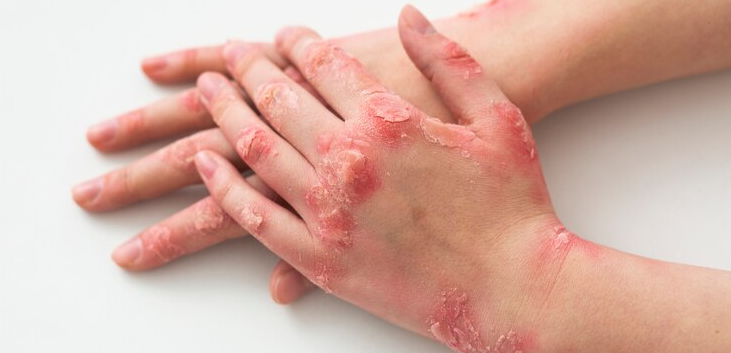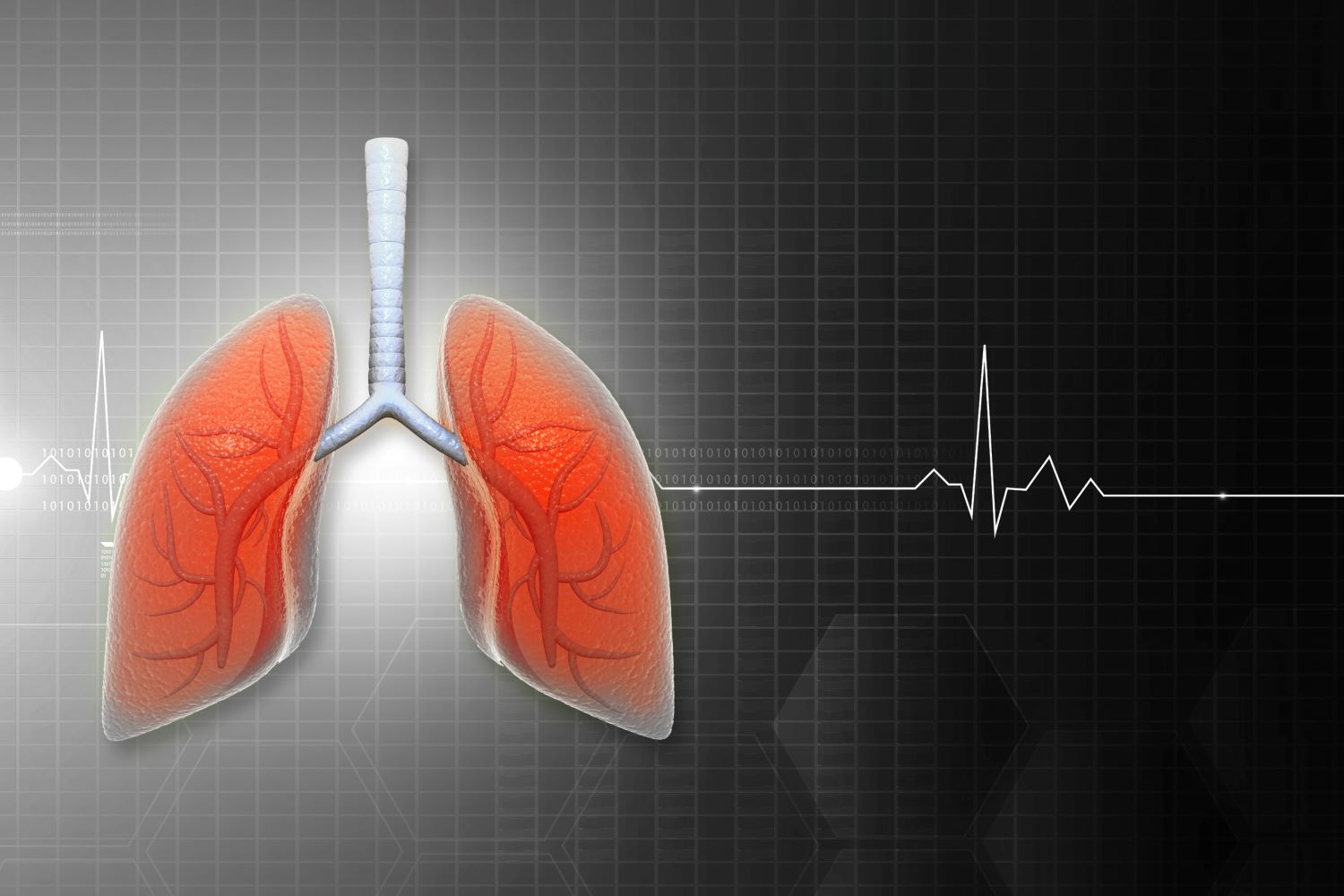Neutrophils are cells of the innate immune system that are extremely abundant in vivo and respond quickly to infection, injury, and inflammation. Their constant circulation throughout the body makes them some of the first responders to infection, and indeed they play a critical role in host defense against bacterial and fungal pathogens. It is now appreciated that neutrophils also play an important role in tissue healing after injury. Their short life cycle, rapid response kinetics, and vast numbers make neutrophils a highly dynamic and potentially extremely influential cell population. It has become clear that they are highly integrated with other cells of the immune system and can thus exert critical effects on the course of an inflammatory response; they can further impact tissue homeostasis and recovery after challenge. In this review, we discuss the fundamentals of neutrophils in host defense and healing; we explore the relationship between neutrophils and the dynamic host environment, including circadian cycles and the microbiome; we survey the field of neutrophils in asthma and allergy; and we consider the question of neutrophil heterogeneity-namely, whether there could be specific subsets of neutrophils that perform different functions in vivo.Copyright © 2022 American Academy of Allergy, Asthma & Immunology. Published by Elsevier Inc. All rights reserved.















